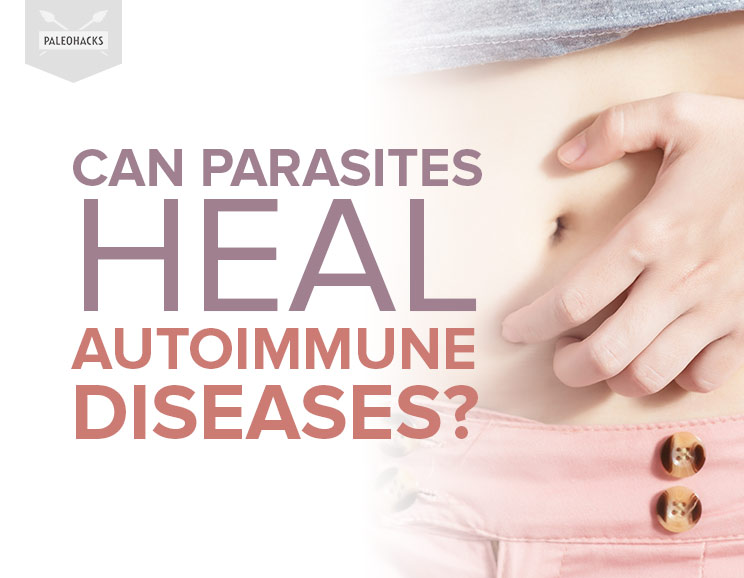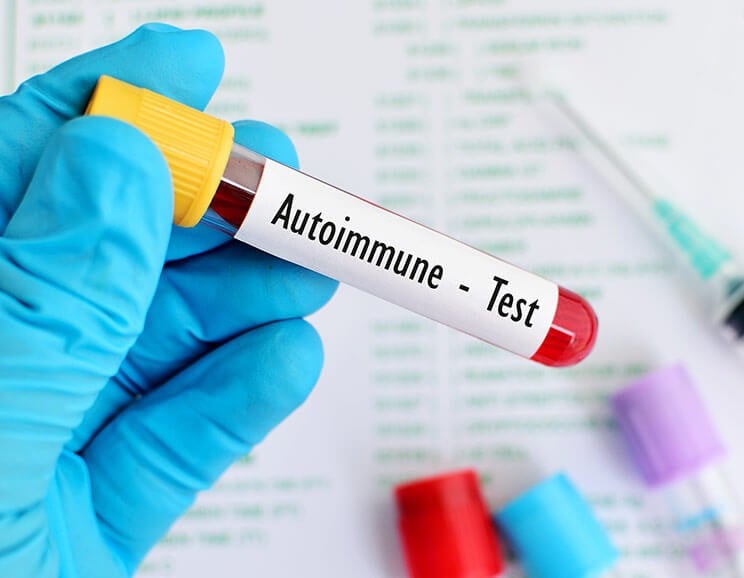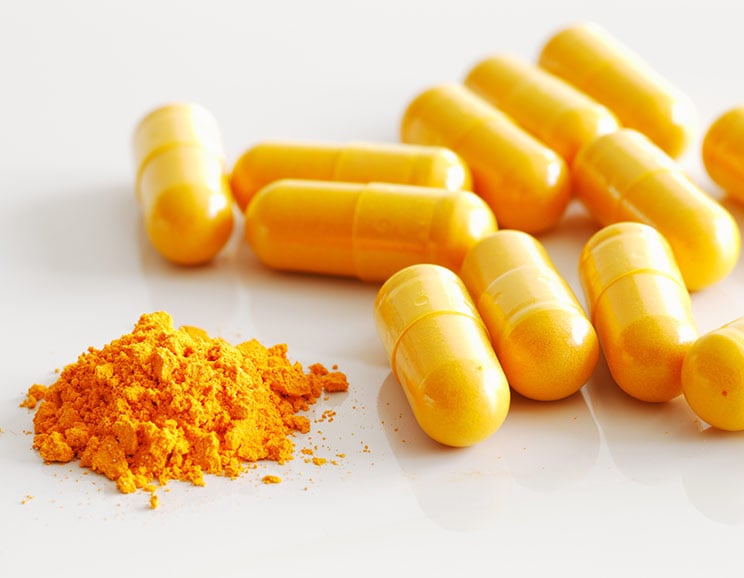Can intentionally infecting yourself with a parasite really help ease your autoimmunity?
There are more than 100 autoimmune diseases, and over 50 million Americans alone suffer from at least one. (1, 2) While medication and lifestyle changes are often used to relieve symptoms, a new experimental form of immunotherapy is taking a shocking approach: deliberately infecting patients with parasites.
Without true cures for these disorders, some patients are willing to explore this somewhat extreme measure for relief.
Fight inflammation and create easy, healthy meals! We've created a FREE 7-Day AIP Meal Plan
Get Your FREE 7-Day AIP Meal Plan here.
Modernity and Rising Autoimmunity
Parasitic worms known as helminths can transmit into the intestines through contaminated soil. These kinds of parasites include hookworm and whipworm and are most common in countries where sanitation and hygiene are poor. In fact, the CDC estimates that hundreds of millions of people across the world are currently infected with helminth parasites. (3)
In most cases, people with these parasites experience no symptoms at all. However, extreme infections can result in diarrhea, abdominal pain, protein loss, and growth retardation. (4)
With these kinds of risks at hand, it seems counterintuitive to purposefully infect yourself with parasites. Yet these specific types of parasites might actually be a novel way to treat autoimmune disorders.
What Is Helminthic Therapy?
Helminthic therapy involves transferring hookworms and similar parasites into the human body to help curb the immune response. This can be done by taking in the parasites by drinking a liquid containing the eggs.
Here’s the theory behind how it works: parasites evolved among humans for hundreds of thousands of years, adapting to the immune system to ensure their survival. When the immune system becomes overactive, any present helminthic parasites will die. To ensure survival, helminths developed the ability to downgrade immune over-response by suppressing its activation.
Treatment typically involves ongoing intake of helminths and in some clinics, lifetime treatment since it provides remission, not a cure, for the disease. Stopping helminthic therapy might result in a recurrence of symptoms.
How Does Helminthic Therapy Work?
Think of helminthic therapy as similar to probiotics. The microbiome is a teeming universe of both good and bad bacteria that populate the gut, regulate immunity, and protect the body in a number of other ways. When we over-sanitize and use antibiotics too much, this natural protection becomes less effective.
Helminthic therapy claims to work by restoring our microbiome. Before our lives were over-industrialized, humans were naturally exposed both to soil and its parasites. This had an overall protective effect for the immune system, helping prevent it from going awry. In an age of over-sanitation, helminthic therapy poses itself as a return to our soil-based, ancestral roots.
Currently, helminthic therapy is offered at clinics in Tijuana, where the average cost of a single treatment reaches nearly $4,000. Once this parasite is taken, the doctors monitor progress closely.
It is important to note that as the parasite presence continues, there is an increasing risk for developing problems like anemia, protein deficiency, and cognitive problems. Doctors can offset these symptoms with additional medication, including iron supplementation.
What Does the Research Say?
Research is still emerging on helminthic therapy but so far, it is promising.
A 2015 study on animals shows that helminth therapy can suppress the inflammatory response and modulate the immune system’s function, pointing to potentially beneficial effects for IBD, MS, asthma, and more. (5)
A review of three more studies concludes that helminthic therapy is seemingly both safe and effective and that perhaps a reason why autoimmunity is rampant in more “civilized” countries is the lack of exposure to parasites in nature.
The hygiene hypothesis has been blamed for antibiotic-resistant bacteria and could now be implicated in autoimmunity, which is directly tied to gut health. (6, 7)
Autoimmunity is reaching epidemic proportions in industrialized countries like the U.S., whereas individuals in countries without strict hygiene practices have fewer cases of immune-driven disease. For example, clinical research shows that the presence of helminths reduces the disease activity of Crohn’s. (8)
Similarly, highly hygienic living conditions increase the chance of developing IBD, and helminthic therapy can help to suppress the inflammation that drives the disease. (9)
Helminthic therapy may also be therapeutic for celiac disease, an autoimmune disorder where the small intestine is damaged by gluten. The introduction of helminths in study subjects who had celiac disease led to a better tolerance of gluten ingestion. (10)
Should You Treat Your Autoimmune Disease with Parasites?
Helminthic therapy is not FDA-approved and not cleared for use in the U.S. While the concept is promising, it’s not safe to try on yourself, and since the only treatment options are clinics outside of the U.S., clinical standards may be laxer.
While further research is conducted on the safety and efficacy of helminthic therapy, there are less drastic therapies currently available.
Depending on the disease, there are medication options to treat symptoms like pain, psychological issues, sleep problems, rashes, and fatigue. There are also medications that replace vital substances in the body and regulate the immune response. Of course, all of these medications are not without side effects. (11)
While it may seem like oft-repeated advice, eating a well-balanced diet, exercising moderately, and keeping stress to a minimum goes a long way to keeping you as well as you can be.
The Paleo diet nixes many inflammatory foods, which may help reduce flare-ups. You can also try the autoimmune protocol for a more targeted approach.
Bottom Line
Helminthic therapy isn’t yet an option in the U.S., but given recent research and current trials, it may be in the near future.
Modern society has sanitized our lives in the belief that clean is better. However, our bodies need a little dirt to maintain a balanced microbiome and immune system. Whether this means that parasites will become a new treatment option for autoimmunity remains to be seen.
Read This Next: 9 Herbs That Naturally Kill Parasites



 Almond Flour English Muffins
Almond Flour English Muffins








Show Comments